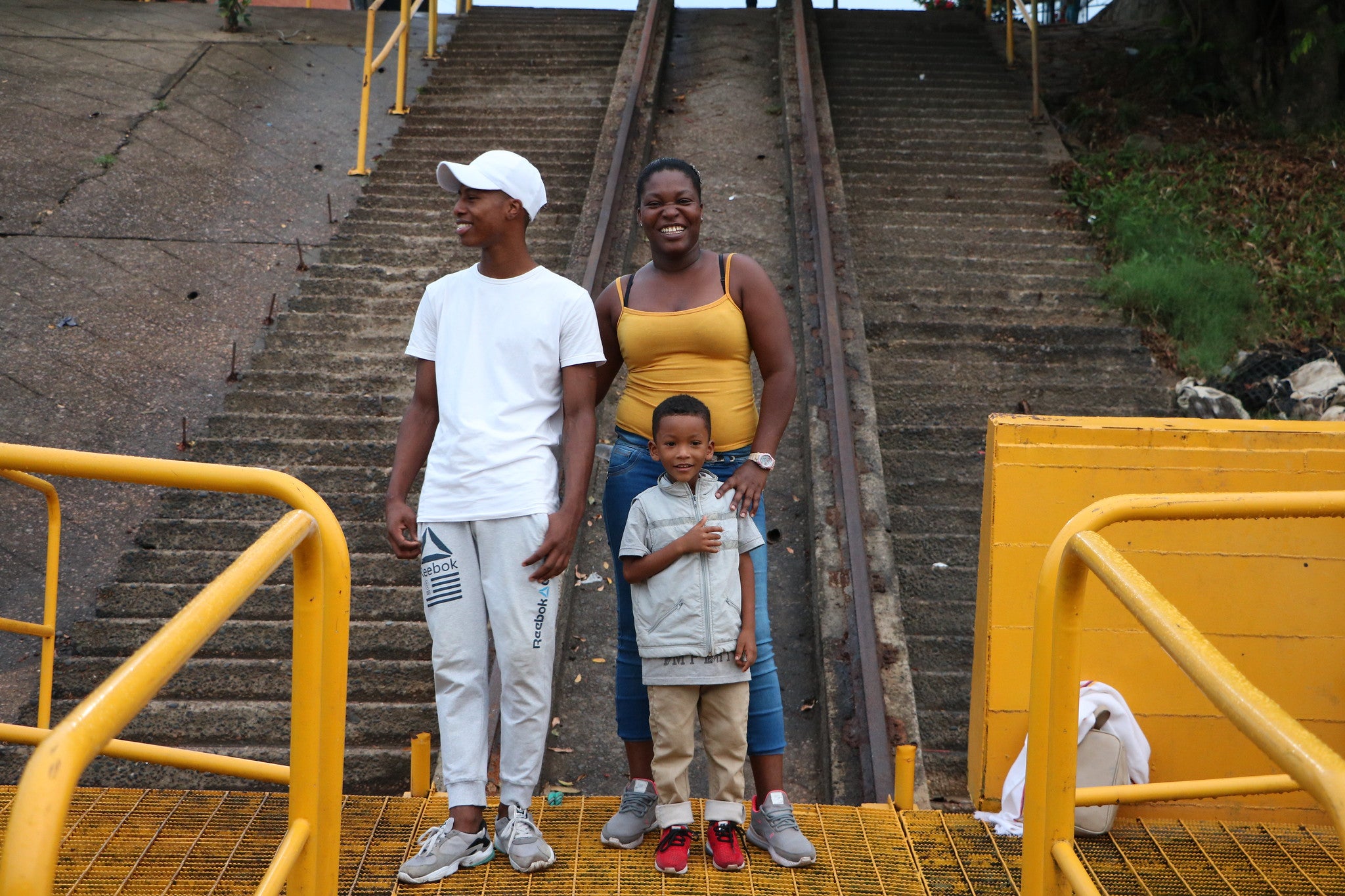A friend of mine lost her business five months ago. She owned a restaurant at a university, but with no classes on the campus, she had no customers. Another friend has seen her entertainment business decimated; she had to let her employees go and cancel her office lease. These are just two of the people I know whose sources of income disappeared as a result of the COVID-19 crisis. But they are just two out of millions of people in the same situation.
The crisis has hit many of us all over the world: families, businesses, workers and employees, especially women, children, and the elderly. The World Bank estimates that between 88 and 115 million people worldwide will fall into extreme poverty in 2020 (at $1.9/day poverty line) because of the pandemic. In Latin America, one of the hardest hit regions, GDP is expected to decline by around 7.9 % this year.
Colombia is no exception. More than 4 million jobs have been lost, the unemployment rate doubled between mid-2019 and July 2020, and the majority of families have lost income. The impact has been worst among workers in urban areas, as well as women, youth, employees in small firms, and self-employed workers. A recent World Bank survey in 13 countries in Latin America shows that, at the onset of the pandemic, Colombia was the country with the highest loss of female employment. Many of those who have kept their jobs are working reduced hours and are earning less.
The Colombian government has responded swiftly to the crisis, with measures to contain the spread of the coronavirus and to protect households, businesses, and jobs. Several existing programs have been topped up, including Más Familias en Acción, Colombia Mayor, and Jóvenes en Acción. A new program, Ingreso Solidario, has been rolled out to reach people not covered by the existing programs.
The various social measures are estimated to have cushioned about one-third of the crisis’ impact on poverty, keeping around 1.7 million people’s incomes from falling below the poverty threshold. Even with these measures, still 3.7 million people may newly fall into poverty in Colombia.
Independent and informal workers are among the most vulnerable groups, but higher salaried workers, better educated people, and those people who are engaged in the services sectors are now at risk at becoming “newly poor” as well. Moreover, the crisis not only reduces household incomes, but also depletes household assets, as limited or no access to education and proper nutrition erode human capital , and as savings are drawn down and new debts incurred, with long-lasting consequences. Phone surveys undertaken in August by the World Bank show that around one third of people interviewed live in households that are struggling to afford food as their incomes drop; this share is higher among the elderly and households with children.
While we hope that what we are living through today is not going to remain as “the new normal,” going back to “the old normal” will not be enough and may not even be possible. Promoting a #ResilientRecovery requires, beyond cushioning the short-term effects of the crisis, bringing about structural changes for renewed robust and more inclusive growth – and to resume the path to #EndPoverty in Colombia. Efforts are already underway to identify policies to help Colombia thrive with jobs for the future, promote trade and economic growth, among others.
With the end of this tough year approaching, let us hope for a growing number of stories of resilience and recovery. One of my friends is back to working at full pay after getting his salary cut by 60% at the start of the pandemic. Another just started a new job this week, providing her the income needed to pay for college. With unwavering efforts around a policy agenda toward #ResilientRecovery, we can help millions stay out of poverty or escape from it again, as Colombia recovers sustainably. The rise in jobs featured in recently published figures for August are a much-needed source of optimist; yet, they also remind us that the pace of recovery might not be the same for all workers and that an equity lens to the recovery agenda is therefore key.



Join the Conversation